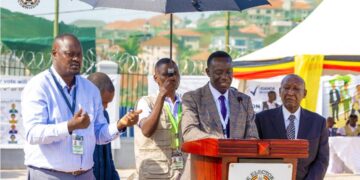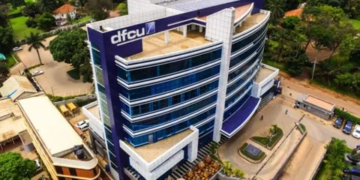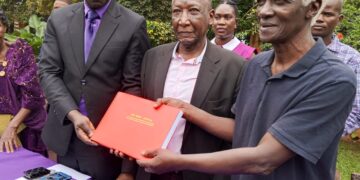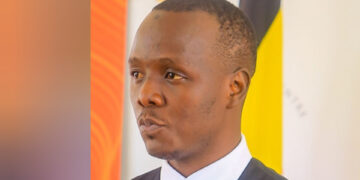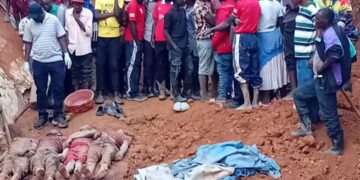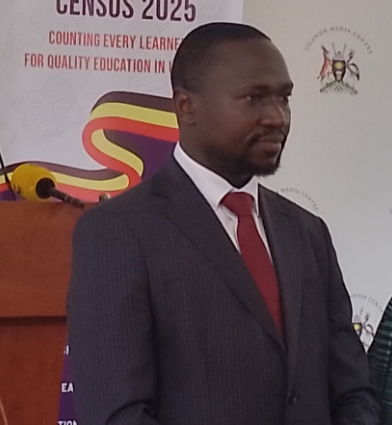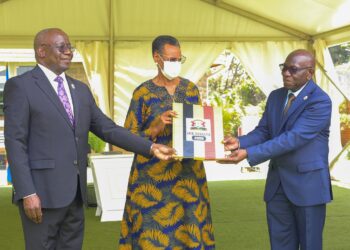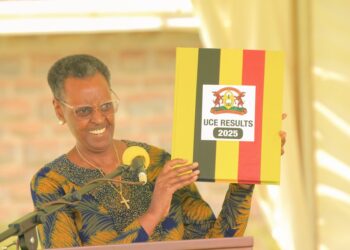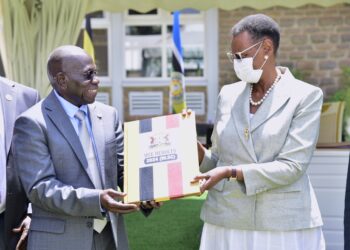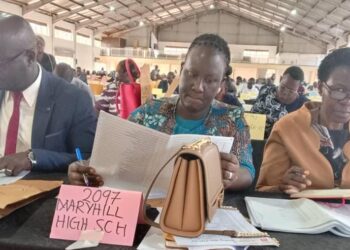By Atukwatse Ritah,
KAMPALA,
The Uganda Bureau of Statistics (UBOS) has resumed the nationwide Baseline Education Census exercise after weeks of interruption caused by the industrial strike of government primary school teachers.
The Bureau revealed that the exercise, which was launched earlier in April by the First Lady and Minister of Education and Sports in Jinja, seeks to collect comprehensive data on all education institutions across the country, including primary, secondary, and vocational training centers.
Speaking during a press briefing at the Uganda Media Center in Kampala, Didacus Okoth the Principal Public Relations Officer, explained that for the past three school terms, UBOS teams have been visiting schools and other institutions of learning to collect vital information on education. However, the third term teachers’ strike at the beginning of the term made it impossible to complete the enumeration as planned.
“The teachers’ strike made it impossible to cover all schools,” said Okoth
Following the end of the industrial action, the Ministry of Education granted UBOS a four-day window to complete the data collection exercise. The field teams have since been redeployed across several sub-regions that had not yet been fully covered. These include Acholi, Bunyoro, Karamoja, Kigezi, Rwenzori, Toro, and West Nile.
According to the Bureau, data collection begins today, Monday, 27th October 2025, and will conclude on Thursday, 30th October 2025. The exercise aims to gather critical information ahead of the Primary Seven examinations scheduled for early next month.
“This data will help improve education planning in the country.” Okoth stated.
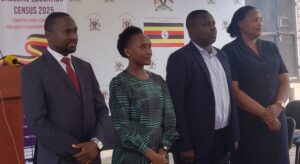
Didacus Okoth explained that the teams will collect information on learners such as names, dates of birth, sex, class, nationality, Education Management Information System (EMIS) numbers for registered learners, and national identification numbers. The census will also capture details about teachers, including their names, dates of birth, sex, nationality, National Identification Numbers (NIN), subjects taught, highest teaching qualifications, and Teacher Management Information System (TMIS) numbers.
Information on non-teaching staff will also be recorded, covering their names, dates of birth, sex, nationality, job titles, NINs, and work permits for foreign nationals.
The Bureau emphasized that this exercise is part of a wider national effort to strengthen data-driven planning and policy formulation in the education sector. The results will help the government and stakeholders better understand the distribution of teachers, learners, and learning resources across the country.
UBOS encouraged full cooperation from school administrators, teachers, and community leaders to ensure the successful completion of the exercise within the stipulated timeframe.















